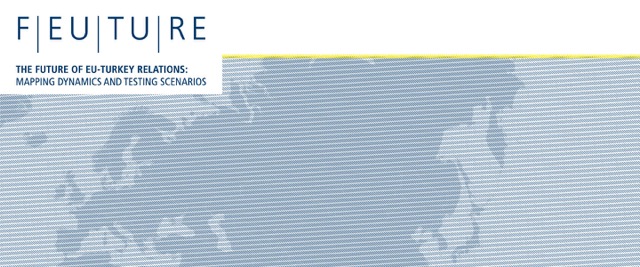This paper positions energy as a critical component of international relations as it has been both a driving force for cooperation between nations as well as a source of conflict and war. It provides an overview of energy resources and trends in the Eastern Mediterranean, debating the influence of the tensions on the exploitation of gas, the role of EU and Turkey and the possibilities for regional cooperation. The paper finds that the quantity of Eastern Mediterranean offshore gas, the evolution of natural gas prices, Turkey-Israel political relationship, Turkey-Egypt bilateral ties, Cyprus-Egypt-Israel cooperation and the growth performance of the Turkish economy are main energy drivers that will steer EU-Turkey relations either towards conflict, converge or cooperation. The question of whether energy resources and trends will create an inter-regional dynamic favoring peace and cooperation or prove as destabilizing factors is essential to understand the emerging regional political environment. At the same time, the assessment of how energy dynamics affects the intra-regional order needs to take into consideration the current state of affairs marked by ongoing geopolitical disputes, including the Cyprus issue, and distressed bilateral relations, as is the case between Turkey and Israel and Turkey and Greece. The authors argue that better inter-state coordination will decrease the costs in exploration and exploitation activities, which none of the region’s countries can bear alone.
FEUTURE Online Paper No. 22: Gas Developments in the Eastern Mediterranean: Trigger or Obstacle for EU-Turkey Cooperation?
▾



